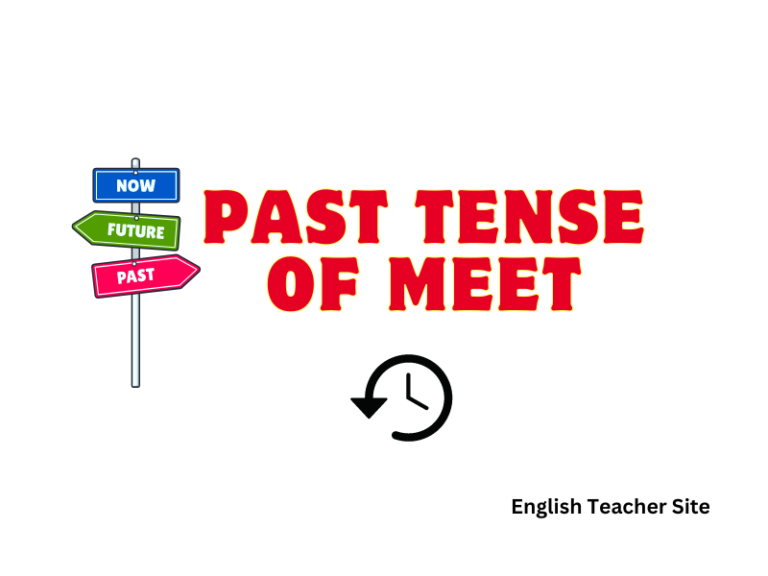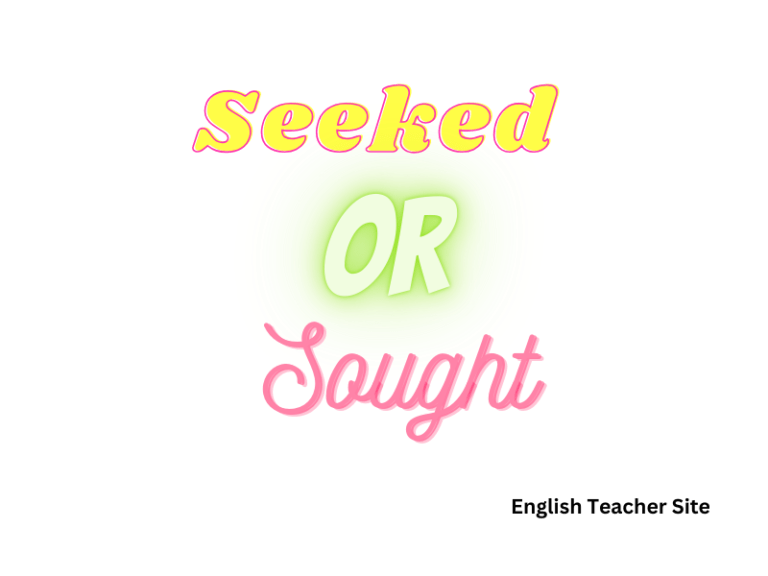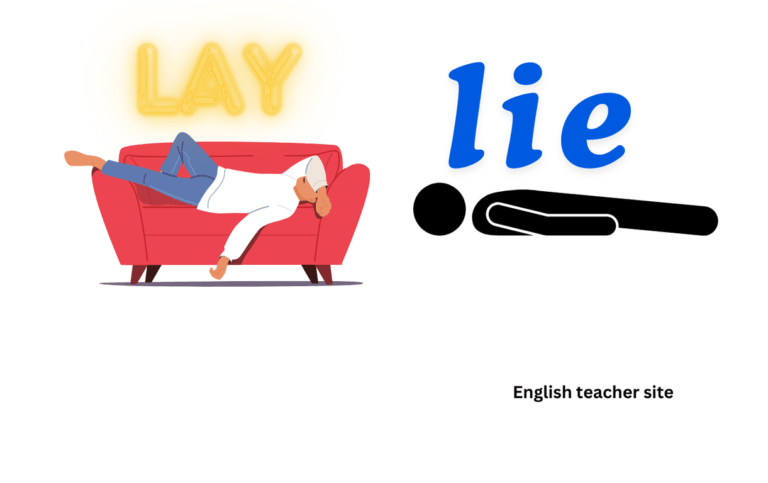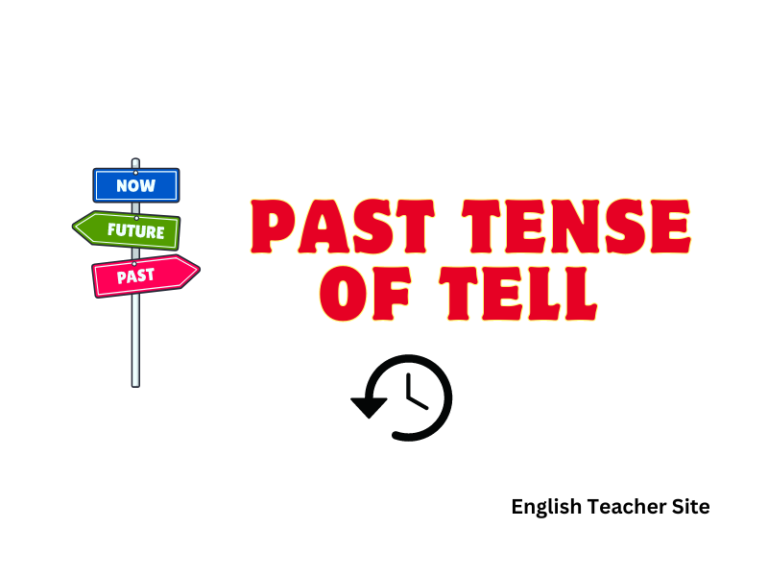Whats the Past Tense of Learn: Learned vs. Learnt Explained
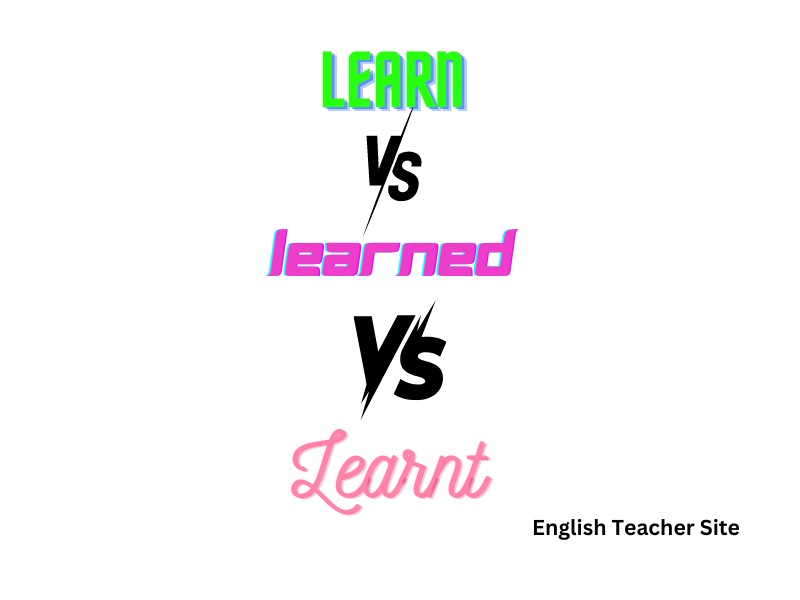
- “Learned” is the preferred past tense and past participle form of “learn” in American English, while “learnt” is favored in British English.
- Both “learned” and “learnt” are correct and are used to convey the past action of acquiring knowledge or skill.
- Understanding the difference between “learned” and “learnt” helps in mastering the variations of English language usage.
The verb “learn” traditionally falls into the category of irregular verbs, which means its past tense is not formed by the usual addition of “-ed” to the base form. However, in American English, “learn” has become regularized to some degree, leading to the preference for “learned” instead of “learnt.” It’s important to note that while spelling varies, the application in sentences remains consistent across both forms.
Understanding the Past Tense of Learn
Learn is a verb that frequently causes uncertainty due to its two acceptable past forms: learned and learnt. These forms are recognized in different varieties of English, leading to their preference based on geographic and dialectical influences.
American vs. British English
American English predominantly uses the form learned, whereas British English often opts for learnt. However, both forms are grammatically correct and serve the same function as both the past tense and the past participle of the verb learn. The choice can signal the writer’s regional linguistic affinities.
| American English | British English |
|---|---|
| learned | learnt |
Frequency of Use
While American publications and style guides consistently lean towards learned, British English displays a more varied usage. Despite the frequency of learnt in the UK, learned is also widely accepted and understood.
| Form | Usage | Example Sentence |
|---|---|---|
| Learned | Predominantly in American English | She learned the rules. |
| Learnt | More common in British English | He learnt the lines by heart. |
Usage Contexts
In writing, the choice between learned and learnt may also align with formal or informal tone:
- Learned can feel more formal or academic.
- Learnt may appear more informal or conversational.
| Context | Suggested Form |
|---|---|
| Formal Writing | learned |
| Informal Tone | learnt |
To grasp these distinctions, consider the following:
- Learned and learnt are both past forms of the verb learn.
- Regional preferences largely dictate which form is used:
- Learned is favored in the United States.
- Learnt is still prevalent in British English, alongside learned.
- Context can influence the choice of form, with learned often appearing in formal writing.
Learned or Learnt: What’s the Past Tense of Learn?
When considering the past tense of “learn,” both learned and learnt come into play. These variants hold the same meaning but originate from different forms of English.
- American English: Learned
- British English: Learnt
Spelling Variations
| American English | British English |
|---|---|
| learned | learnt |
These forms act as both the past tense and past participle of the verb “to learn.”
Usage Trends
In modern usage, “learned” is prevalent in both American and British English, while “learnt” still retains common usage in the UK, Australia, and other British English-speaking countries.
| Common in | Less common in |
|---|---|
| UK | US |
| Australia |
Understanding through Examples:
- In American novels, characters often “learned” lessons the hard way.
- British literature may describe a character who “learnt” his lesson after a series of events.
In conclusion, both forms are correct, rooted in geographical language conventions. Whether one writes “learned” or “learnt” depends on the variant of English they are using or have been instructed to follow.
Forms of the Irregular Verb “Learn”
American English:
- Base Form: learn
- Past Simple: learned
- Past Participle: learned
British English:
- Base Form: learn
- Past Simple: learnt
- Past Participle: learnt
The subtleties between “learned” and “learnt” lie not in their correctness but in their regional usage. Both terms serve as the past tense and past participle for the verb “learn,” which indicates the acquisition of knowledge or skills through experience or education.
| American English | British English |
|---|---|
| Base Form | Base Form |
| learn | learn |
| Past Simple | Past Simple |
| learned | learnt |
| Past Participle | Past Participle |
| learned | learnt |
In academic and professional settings, adherence to these norms ensures clarity and correctness in communication. Students and individuals interested in English should be aware of these distinctions to navigate diverse linguistic environments effectively.
- Regional Preference:
- American English prefers learned.
- British English often uses learnt.
- Usage:
- learned is prevalent in both spoken and written American English.
- learnt may appear in British literature and conversational English.
The choice between “learned” and “learnt” is thus a matter of orthographic preference rather than grammatical accuracy. Both are valid and convey the same meaning: the completion or result of the learning process.
Regular or Irregular?
In English grammar, verbs can either be regular or irregular, determined by how they form the past tense and past participle. Regular verbs add -ed to the base form, while irregular verbs vary and do not follow a single pattern.
When one analyzes the verb to learn, it presents an intriguing case. This verb can be both regular and irregular depending on the form used: “learned” or “learnt.”
Regular Form
| Base Form | Past Tense | Past Participle |
|---|---|---|
| learn | learned | learned |
- The regular form “learned” adheres to the typical pattern of adding -ed.
- This version is primarily used in American English.
Irregular Form
| Base Form | Past Tense | Past Participle |
|---|---|---|
| learn | learnt | learnt |
- Conversely, the irregular form “learnt” strays from the standard -ed ending.
- “Learnt” is predominantly seen in British English but is not as universally accepted in American English.
Both forms are correct, but usage depends on the dialect of English being spoken or written. It’s essential for learners to be aware of their audience and the version of English they are expected to use. For instance, an American English speaker might find “learnt” unfamiliar, whereas it is commonplace in British, Australian, and other varieties of English.
Key differences:
- Learned:
- Preferred in American English
- Regular verb form
- Learnt:
- Favored in British English
- Irregular verb form
Choosing the correct form depends on the context and geographical location of the audience.
Examples of Learn (Present Tense)
In English, the present tense of a verb is used to denote an action that is currently happening or a general truth.
Below are examples of sentences that use “learn” in the present tense, demonstrating its various applications and contexts.
Singular Subjects:
- He learns quickly when he is interested in the subject.
- She learns new languages as a hobby.
- It learns the patterns through machine learning algorithms.
Plural Subjects:
- They learn about history through documentaries.
- We learn from our mistakes to grow and improve.
Usage in Questions:
- Does he learn from his experiences?
- Do they learn well in group environments?
Imperative Form:
- Learn the piano with dedication to master it.
- Learn this poem by heart for tomorrow’s recitation.
The use of “learn” can be further explored in tables that demonstrate its use in different subjects:
Table 1: Learn in Present Simple
| Subject | Sentence |
|---|---|
| I | I learn new facts every day. |
| You | You learn something new every class. |
| He/She/It | He learns to code with enthusiasm. |
| We | We learn about diverse cultures. |
| They | They learn by practicing daily. |
Table 2: Learn in Present Continuous
| Subject | Sentence |
|---|---|
| I | I am learning to play the guitar. |
| You | You are learning to cook Italian cuisine. |
| He/She/It | She is learning the company’s software. |
| We | We are learning about the solar system. |
| They | They are learning to dance salsa. |
Examples of Learned/Learnt (Past Simple)
The usage of either form depends largely on the variety of English being used. Generally, “learned” is the preferred form in American English, while “learnt” tends to be used in British English.
Tables Showing Usage of Learned and Learnt in Sentences
| American English (Learned) | British English (Learnt) |
|---|---|
| She learned to play guitar. | She learnt to play guitar. |
| They learned the news late. | They learnt the news late. |
| He has learned his lesson. | He has learnt his lesson. |
Examples:
- Yesterday, they learned the fundamentals of coding.
- Last week, she learned about the French Revolution.
- In his youth, he learned how to sail.
- They had already learned about the poet’s life before attending the lecture.
Using both forms in the past simple tense does not change the meaning of the sentence—they are simply alternative spellings. “Learned,” however, when used as an adjective to describe a person with considerable knowledge, is always spelled with “ed” and pronounced with two syllables.
Examples of Learned/Learnt as Past Participle
When using “learned” or “learnt” as the past participle, it is crucial to understand that both forms are correct but used differently in American and British English. In American English, “learned” is the standard form used both for past tense and past participle. However, in British English, while “learned” is still used as the past participle, “learnt” is an acceptable alternative, particularly for past tense. These are not interchangeable in American English, where “learnt” would be considered colloquial and less common.
Regular and Irregular Forms:
| American English (Regular) | British English (Regular/Irregular) |
|---|---|
| I have learned | I have learned/learnt |
| You have learned | You have learned/learnt |
| He/She/It has learned | He/She/It has learned/learnt |
| We have learned | We have learned/learnt |
| They have learned | They have learned/learnt |
In Sentences:
- In the realm of law, one might find that the judge has learned the necessary facts to make a ruling.
- A British pupil has learnt the material after studying for several hours.
Using “learned” or “learnt” as adjectives:
- The phrase “a learned scholar” employs the adjective form of “learned” to denote someone who is very knowledgeable about a particular subject.
- Conversely, “learnt” is rarely used in this context.
Variations in Usage:
- In literary works or older texts, you might encounter “learnt” more frequently, even in American English.
- With the global influence of American media, “learned” is becoming more prevalent in British English as well.
Origin of the Word Learn
The verb has undergone transformation through several stages of English and other Germanic languages.
Old English to Modern English
- Old English (450-1100 AD): The form leornian was used, meaning “to get knowledge” or “to read.”
- Middle English (1100-1500 AD): Transitioned to lernen, signifying a continuation of educational growth.
The term’s development is linked to the Proto-Germanic *lisnojanan, which ties to a broader Proto-Indo-European (PIE) root. This etymological voyage reflects a collective linguistic evolution.
Proto-Germanic and Proto-Indo-European Roots
- Proto-Germanic: *lisnojanan—> It implies the act of gaining knowledge.
- Proto-Indo-European: *lois-—> The base sense is “to follow or find the track.”
| Germanic Language | Term for Learn |
|---|---|
| Old Frisian | lernia |
| Middle Dutch | leeren |
| Old High German | lernen |
| Gothic | lais (“I know”) |
Source
Etymonline, learn
My name is Khamis Maiouf. I am the creator of the English Teacher Site, dedicated to providing valuable resources and insights for students around the world. With a passion for education and a commitment to helping students enhance their skills, I aim to make English teaching more effective and enjoyable for both educators and students.

